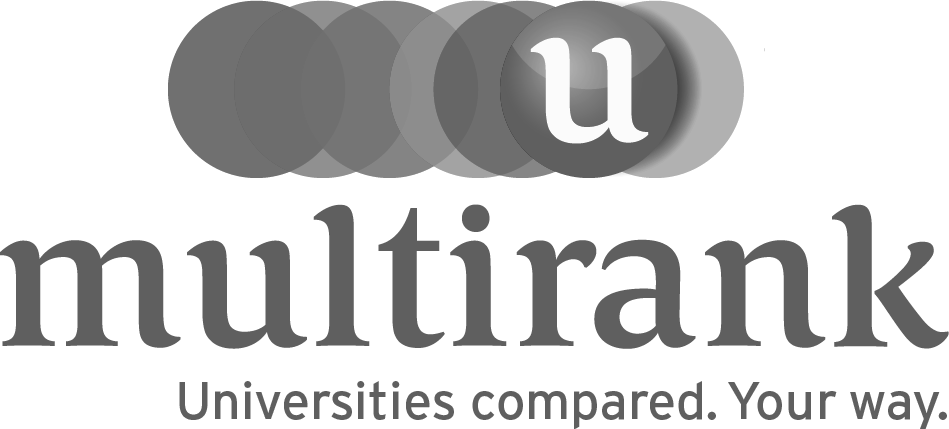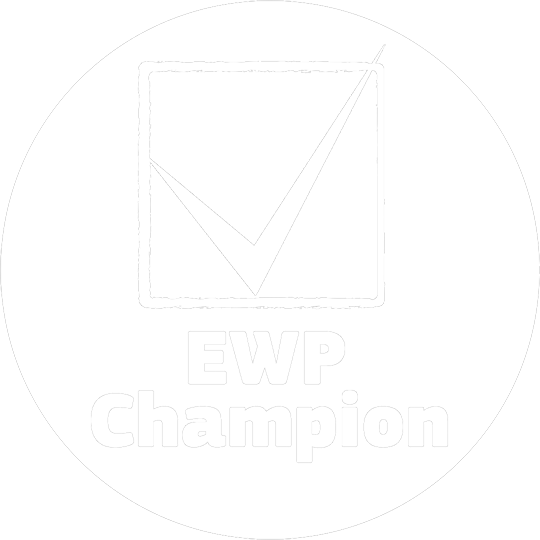Generative AI: Transforming Journalism, Strategic Communication, and Education
International Scientific Conference “Dubrovnik Media Days”
22-23 October 2025, Dubrovnik, Croatia
University of Dubrovnik’s Faculty of Media and Public Relations in cooperation with the Centre for Media Pluralism and Media Freedom of the European University Institute and Croatian Academy of Science and Arts
Policy Lab – Information Integrity and Media Literacy
24 October 2025, Dubrovnik, Croatia
Adria Digital Media Observatory in cooperation with the European Digital Media Observatory, and the Agency for Electronic Media of Croatia
Call for submissions
Deadline: March 16, 2025 April 16, 2025
Context
Generative Artificial Intelligence is already in wide application and used by various users, including online platforms, communication strategists, the media, and individuals. What distinguishes generative AI from other types of AI is its ability to rapidly generate content based on users’ instructions or queries and can also transform content from one format to another, for example from text to visuals. This holds great opportunities for more inclusive access to the exchange of information, but also risks aggravating the problem of disinformation, amplifying biases and further fragmenting the already fragmented public sphere.
Of particular relevance is the relationship between generative AI and journalism the direction it takes for economic sustainability and the conceptual survival of journalism as we know it. Due to its unique features, generative AI can further undermine media by diluting their reach and separating content from the media brand. Generative AI is trained on large quantities of publicly available content, including copyrighted and other media content, often without the express permission of the right-holders and remuneration.
Generative AI may improve transparency and accessibility of information held by public institutions and advance their communication and relationship-building with various stakeholders, especially citizens. It can have various beneficial applications in strategic communication by the private sector and political actors, but can also further undermine trust in democratic processes and institutions through deepfake videos, voice cloning, and other attempts of voter manipulation.
Media and information literacy which includes understanding and critical thinking about new technologies in the information sphere, opinion forming, and education, is crucial for empowering citizens in the rapidly evolving information environment. Such an environment calls for a reconsideration of current approaches, methods, and ethics in education, especially in the education of future journalists and communication specialists.
Concept
This event is conceived as a two-day International Scientific Conference followed by a one-day Policy Lab, seeking to build synergies and exchange between academia, experts, regulators, and policy-makers. The scientific conference aims to bring together emerging and senior scholars from various disciplines and interests in the integrity of the information sphere, democracy, media and journalism, competition and antitrust, copyright, education, and regulation. Accepted papers and extended abstracts (developed into papers) will be considered for publication in a special issue of the academic journal Media Studies.
Submission details
Please submit your extended abstract (2 pages) or full paper (indicating whether or not it was published already or is in the process of publication elsewhere). The main text of submissions (including notes, references, and illustrations, should range from 6,000 to 8,000 words. All references must be incorporated into the text and formatted according to the 7th edition of APA Style.
Submissions should address one or more of the following themes listed below:
Generative AI and Journalism
- How is generative AI conceptually changing and challenging journalism?
- What may be the consequences of further fragmentation or individualisation of audiences in generative AI environments?
- What are the economic implications for and market considerations
- What are the roles of humans, in particular human journalists in an AI-generated information environment?
- Are current media literacy frameworks sufficient for equipping and empowering citizens in relation to generative AI?
Generative AI in Strategic Communication
- Case studies or explorations of generative AI use in crafting personalised campaigns, crisis communication, and stakeholder engagement
- Ethical dilemmas and transparency in generative AI-driven or supported PR strategies.
- Balancing automation with authentic human connection in brand storytelling.
Educational Implications
- Adapting university curricula to incorporate AI literacy, technical skills, and ethical considerations
- Preparing future journalists and PR professionals for collaborative work with AI tools – are there alternative avenues?
- Case studies on innovative teaching practices, alternative and ethical solutions, and guidelines.
Broader Implications
- The societal, cultural, and economic impacts of generative AI
- Addressing AI biases and ensuring inclusivity in AI-generated models and narratives
- Governance and policy frameworks for ethical and safe generative AI development and use
- Tackling power imbalances
Important dates
Abstract Submission Deadline: March 16, 2025 April 16, 2025
Notification of Acceptance: April 16, 2025 May 16, 2025
Full Paper Submission Deadline (to be considered for a special issue): September 30, 2025
Conference Dates: October 22-24, 2025
Conference fees (do not include travel expenses and accommodation, include refreshments and dinner)
Professors: 180 euro
Post-docs or independent researchers: 150 euro
PhD students:120 euro
Conference venue University of Dubrovnik, Branitelja Dubrovnika 41, 20000 Dubrovnik, Croatia
Conference language English
*Information regarding registration and other logistical questions will be communicated after acceptance notifications.
*For further information, please contact: dmd@unidu.hr; ivana.grkes@unidu.hr











